Stories posted under Pinkbike Community blogs are not edited, vetted, or approved by the Pinkbike editorial team. These are stories from Pinkbike users.
If a blog post is offensive or violates the Terms of Services, please report the blog to Community moderators.
Recognising Concussion
There is a reason mountain biking is called an ‘extreme’ sport. When you are riding a bike down a hill and adding rocks, trees, jumps and gravity into the mix, there are going to be mishaps from time to time. Dealing with these risks is inherent in our sport and is maybe even something that adds to the thrill or riding. We’ve all had the ‘near miss story’ or getting up unscathed after a big off and jumped straight back in the saddle to carry on.
However, it’s not just the cuts, bruises and scars you can see physically that are important to pay attention to. Damaging your head is commonly underestimated because it is wrapped up inside a helmet and is not something that you can see quite so easily, but it still demands serious respect because of the potential consequences untreated damage to it can cause.
Concussion has been in the spotlight recently with the devastating loss of numerous sports stars of all disciplines and all competition levels, as a result of mental illness resulting from the discovery of Chronic Traumatic Encephalopathy (CTE) - the legacy from repeated concussions. Taking repeated blows to the head really can fundamentally damage your brain, so it is essential to understand when you've had one knock too many and need to sit out.
What is Concussion?
Concussion is a functional disturbance of the brain without any associated structural pathology (as visible using current scanning technology) that results from forces transmitted to the brain (either directly or indirectly). It is generally considered part of the spectrum of traumatic brain injury (TBI). (RFU Concussion for Coaches)
In normal language that means a temporary injury to the brain that cannot be seen on routine X-rays or scans, which may affect the way a person may think and remember things for a short time, and can cause a variety of symptoms.
George Brannigan’s big off at Fort William this season (Credit Wide-open Mag):
What can cause it?
Any blow to the head, face or neck, or blow to the body which causes a sudden jarring of the head may cause a concussion.
You don't necessarily have to have eat dirt and your helmet hit the floor to cause a concussion, any form of quick acceleration or de-acceleration ‘whiplash’ type injury are just as likely. You don’t even need to lose consciousness either, this happens in less than 10% of concussion injuries!
Trauma to the brain can affect it in a number of ways. The force of the blow can damage the connections between the brain cells or the brain hitting the skull can lead to bruising in the brain tissue and build up of fluid. These all can affect ow brain cells communicate with each other, changing the way it functions and affecting all elements of how you function.
Repeated head trauma without allowing adequate time for rest and healing can lead to more long term damage and with it brain disorders such as Secondary Concussion Syndrome (SCS), Post-Concussion Syndrome (PCS) and Chronic Traumatic Encephalopathy (CTE). These can not only affect cognitive performance (concentration, memory etc) but also emotional health, increasing the risk of depression and anxiety.
How can I recognise it?
If someone hits the floor and brushes themself down to carry on, it’s worth taking a closer look to see if you notice any of the signs of concussion. Even if they say they are ok, stay vigilant for any one of these tell tale signs. There is no shame in cutting a ride short and taking it easy, so you can ride another day!
Well known signs can be:
- Loss of consciousness
- Headache
- Loss of vision, seeing double or blurred, seeing stars or flashing lights
- Dizziness
- Drowsiness or ‘Foggyness’
- Nausea
But these could be things you notice in yourself too:
- General confusion
- Cannot remember things that happened before and/or after the injury
- Slow to answer questions or follow directions
- Easily distracted
- Not riding as well as expected/lack of co-ordination
- A blank stare/glassy eyed, “the lights are on but nobody's home”
Or things the rider may complain of or you see:
- Feel dazed, “dinged” or stunned
- Ringing in the ears
- Sleepiness
- Stomach ache, stomach pain, nausea, vomiting
- Poor coordination or balance, staggering around or unsteady on feet
- Slurred speech
- Poor concentration
- Strange or inappropriate emotions (i.e. laughing, crying, getting angry easily)
- Feeling generally unwell
- Any one or combination of these signs or feelings may become apparent at the time or may take a little longer to notice. There are also certain things that if you notice should mean a call to the emergency services for assessment.
If it is more serious > Ring the emergency services
If you notice any of these ‘red flag’ symptoms, be sure to get in contact with the emergency services quickly. These can indicate more serious forms of concussion and can be the result of bleeding within the brain so need to be treated seriously!
- Drowsiness when normally awake or cannot be awoken
- A headache that is getting worse
- Weakness, numbness or decreases in coordination and balance
- Repeated vomiting or prolonged nausea
- Slurred speech, difficulty speaking or understanding
- Increasing confusion, restlessness or agitation
- Loss of consciousness
- Convulsions
- Clear fluid coming out of ears or nose
- Deafness in one or both ears
Below is the pocket concussion recognition tool to allow quick reference to help assess suspected concussion - Download it here
What about recovery?
If you suspect yourself or someone you know has suffered a concussion, the most important thing is to seek professional medical advice. Unfortunately is no specific treatment or medicine to take than can make you better, the key thing for treatment of concussion is rest.
In terms of how much, a minimum of 14 days is required in sports like rugby (before they can be medically assessed and returned to play) and is a good guideline. But what is really important is to contact a medical professional if you think you or someone else has had a concussion.
But it is important to remember that it is not practical to have complete rest, there are some things that should be avoided to aid recovery if they make symptoms worse:
- Alcohol – avoid a post ride pint!
- TV and cinema – limit as guided by symptoms
- Computer or computer games – limit as guided by symptoms
- Sport and physical exertion. Walking is fine and graduated use of exertion may be used under medical supervision if symptoms are prolonged.
- Reading or writing for long periods - Break up what needs to be done into short periods.
- After taking some time off to rest properly, it is then important to slowly re-introduce yourself back to activity. This gives the brain a chance to make a full recovery, allowing you to get back to your best in no time!
Concussion is something that needs to be treated with respect, but making sure you know how to recognise it and treat it properly will mean it won’t get in the way of your riding in the future.
For more information, check out these links:
Love Your Brain
Headway
RFU Concussion Guidelines
BBC iWonder On Concussion
Brain Injuries in Mountain Biking - Are We Doing Enough?
Have fun and shred safe!
***************
The information contained in this resource is intended for educational purposes only and is not meant to be a substitute for appropriate medical advice or care. If you believe that you or someone under your care has sustained a concussion we strongly recommend that you contact a qualified healthcare professional for appropriate diagnosis and treatment. The author has made a responsible effort to include accurate and timely information. However they make no representations or warranties regarding the accuracy of the information contained and specifically disclaim any liability in connection with the content on this site or author.
However, it’s not just the cuts, bruises and scars you can see physically that are important to pay attention to. Damaging your head is commonly underestimated because it is wrapped up inside a helmet and is not something that you can see quite so easily, but it still demands serious respect because of the potential consequences untreated damage to it can cause.
Concussion has been in the spotlight recently with the devastating loss of numerous sports stars of all disciplines and all competition levels, as a result of mental illness resulting from the discovery of Chronic Traumatic Encephalopathy (CTE) - the legacy from repeated concussions. Taking repeated blows to the head really can fundamentally damage your brain, so it is essential to understand when you've had one knock too many and need to sit out.
What is Concussion?
Concussion is a functional disturbance of the brain without any associated structural pathology (as visible using current scanning technology) that results from forces transmitted to the brain (either directly or indirectly). It is generally considered part of the spectrum of traumatic brain injury (TBI). (RFU Concussion for Coaches)
In normal language that means a temporary injury to the brain that cannot be seen on routine X-rays or scans, which may affect the way a person may think and remember things for a short time, and can cause a variety of symptoms.
George Brannigan’s big off at Fort William this season (Credit Wide-open Mag):
What can cause it?
Any blow to the head, face or neck, or blow to the body which causes a sudden jarring of the head may cause a concussion.
You don't necessarily have to have eat dirt and your helmet hit the floor to cause a concussion, any form of quick acceleration or de-acceleration ‘whiplash’ type injury are just as likely. You don’t even need to lose consciousness either, this happens in less than 10% of concussion injuries!
Trauma to the brain can affect it in a number of ways. The force of the blow can damage the connections between the brain cells or the brain hitting the skull can lead to bruising in the brain tissue and build up of fluid. These all can affect ow brain cells communicate with each other, changing the way it functions and affecting all elements of how you function.
Repeated head trauma without allowing adequate time for rest and healing can lead to more long term damage and with it brain disorders such as Secondary Concussion Syndrome (SCS), Post-Concussion Syndrome (PCS) and Chronic Traumatic Encephalopathy (CTE). These can not only affect cognitive performance (concentration, memory etc) but also emotional health, increasing the risk of depression and anxiety.
How can I recognise it?
If someone hits the floor and brushes themself down to carry on, it’s worth taking a closer look to see if you notice any of the signs of concussion. Even if they say they are ok, stay vigilant for any one of these tell tale signs. There is no shame in cutting a ride short and taking it easy, so you can ride another day!
Well known signs can be:
- Loss of consciousness
- Headache
- Loss of vision, seeing double or blurred, seeing stars or flashing lights
- Dizziness
- Drowsiness or ‘Foggyness’
- Nausea
But these could be things you notice in yourself too:
- General confusion
- Cannot remember things that happened before and/or after the injury
- Slow to answer questions or follow directions
- Easily distracted
- Not riding as well as expected/lack of co-ordination
- A blank stare/glassy eyed, “the lights are on but nobody's home”
Or things the rider may complain of or you see:
- Feel dazed, “dinged” or stunned
- Ringing in the ears
- Sleepiness
- Stomach ache, stomach pain, nausea, vomiting
- Poor coordination or balance, staggering around or unsteady on feet
- Slurred speech
- Poor concentration
- Strange or inappropriate emotions (i.e. laughing, crying, getting angry easily)
- Feeling generally unwell
- Any one or combination of these signs or feelings may become apparent at the time or may take a little longer to notice. There are also certain things that if you notice should mean a call to the emergency services for assessment.
If it is more serious > Ring the emergency services
If you notice any of these ‘red flag’ symptoms, be sure to get in contact with the emergency services quickly. These can indicate more serious forms of concussion and can be the result of bleeding within the brain so need to be treated seriously!
- Drowsiness when normally awake or cannot be awoken
- A headache that is getting worse
- Weakness, numbness or decreases in coordination and balance
- Repeated vomiting or prolonged nausea
- Slurred speech, difficulty speaking or understanding
- Increasing confusion, restlessness or agitation
- Loss of consciousness
- Convulsions
- Clear fluid coming out of ears or nose
- Deafness in one or both ears
Below is the pocket concussion recognition tool to allow quick reference to help assess suspected concussion - Download it here
What about recovery?
If you suspect yourself or someone you know has suffered a concussion, the most important thing is to seek professional medical advice. Unfortunately is no specific treatment or medicine to take than can make you better, the key thing for treatment of concussion is rest.
In terms of how much, a minimum of 14 days is required in sports like rugby (before they can be medically assessed and returned to play) and is a good guideline. But what is really important is to contact a medical professional if you think you or someone else has had a concussion.
But it is important to remember that it is not practical to have complete rest, there are some things that should be avoided to aid recovery if they make symptoms worse:
- Alcohol – avoid a post ride pint!
- TV and cinema – limit as guided by symptoms
- Computer or computer games – limit as guided by symptoms
- Sport and physical exertion. Walking is fine and graduated use of exertion may be used under medical supervision if symptoms are prolonged.
- Reading or writing for long periods - Break up what needs to be done into short periods.
- After taking some time off to rest properly, it is then important to slowly re-introduce yourself back to activity. This gives the brain a chance to make a full recovery, allowing you to get back to your best in no time!
Concussion is something that needs to be treated with respect, but making sure you know how to recognise it and treat it properly will mean it won’t get in the way of your riding in the future.
For more information, check out these links:
Love Your Brain
Headway
RFU Concussion Guidelines
BBC iWonder On Concussion
Brain Injuries in Mountain Biking - Are We Doing Enough?
Have fun and shred safe!
***************
The information contained in this resource is intended for educational purposes only and is not meant to be a substitute for appropriate medical advice or care. If you believe that you or someone under your care has sustained a concussion we strongly recommend that you contact a qualified healthcare professional for appropriate diagnosis and treatment. The author has made a responsible effort to include accurate and timely information. However they make no representations or warranties regarding the accuracy of the information contained and specifically disclaim any liability in connection with the content on this site or author.
Author Info:
Must Read This Week
Sign Up for the Pinkbike Newsletter - All the Biggest, Most Interesting Stories in your Inbox
PB Newsletter Signup
1 Comment
- 1 0
Thank you so much for posting this. It will be a great help to local race organizers and race marshals.
Login or Sign Up
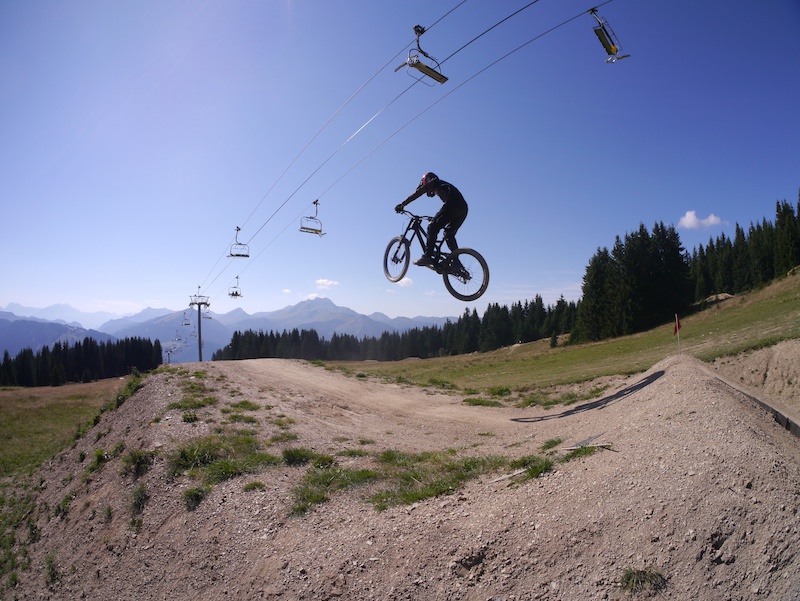
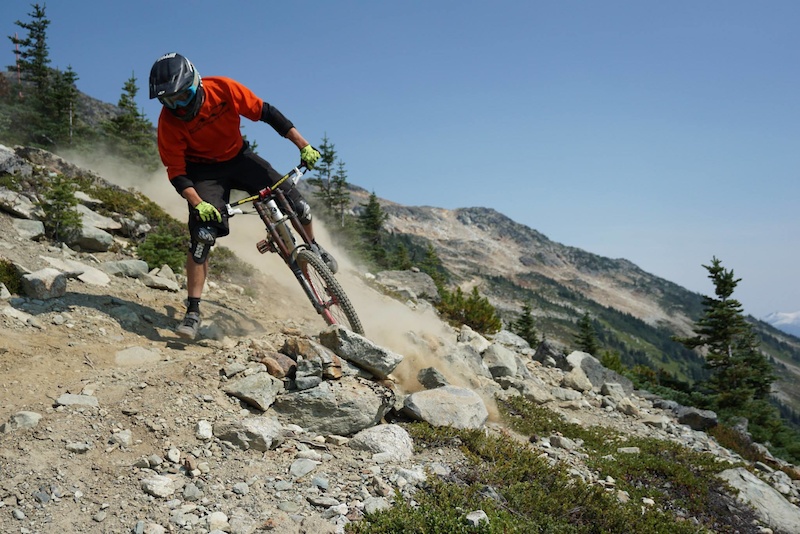
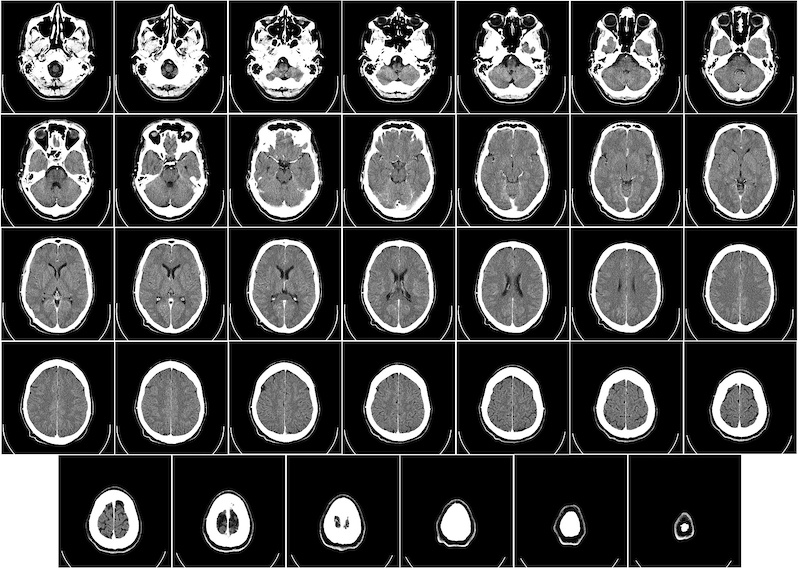
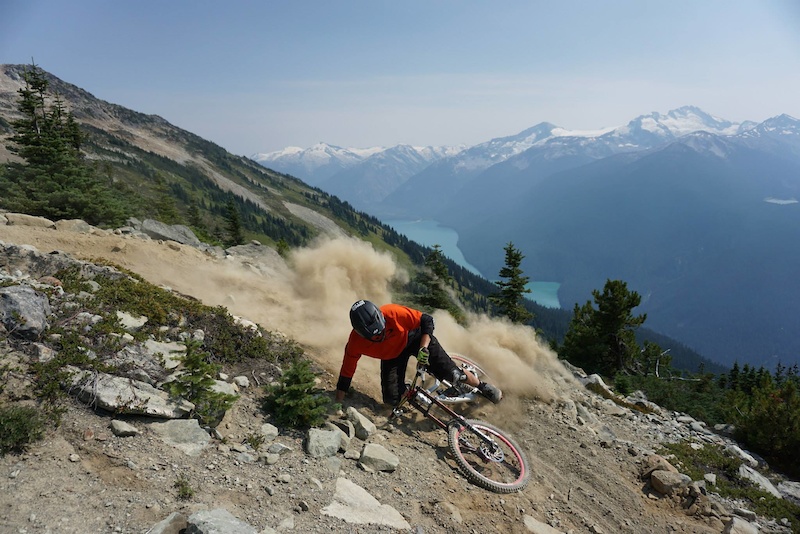
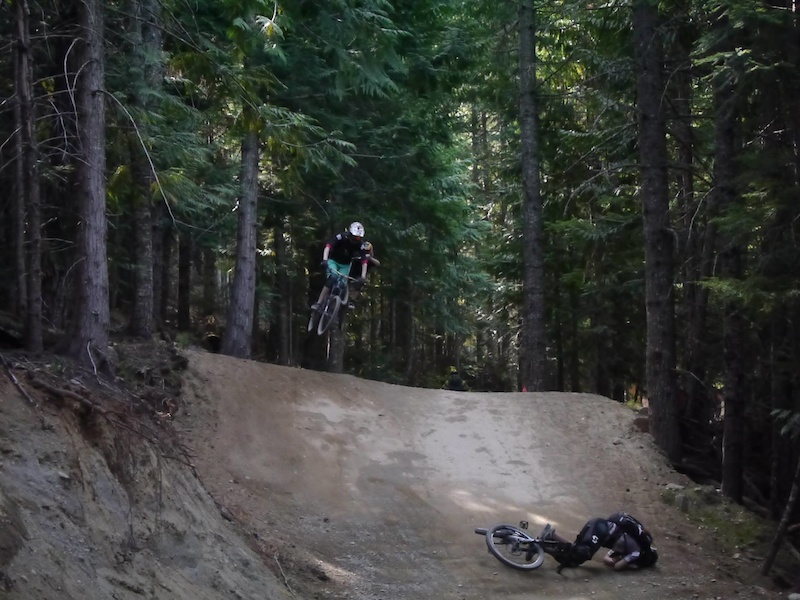
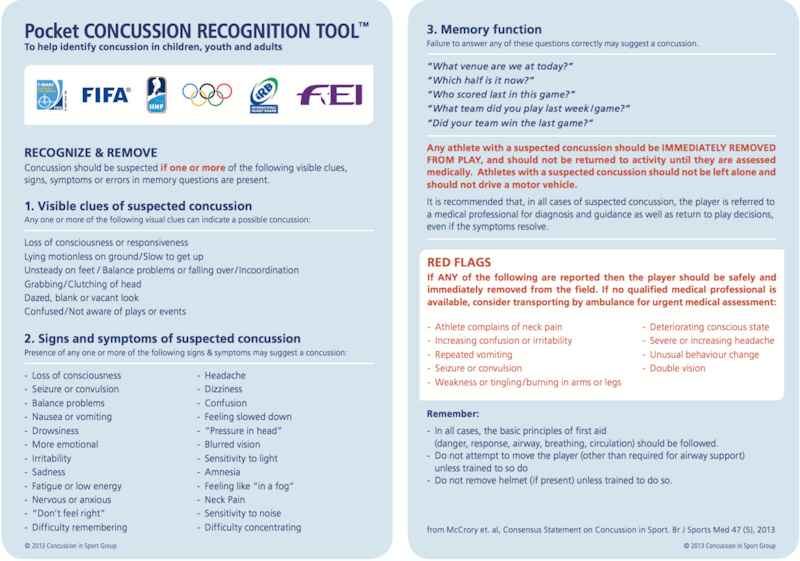
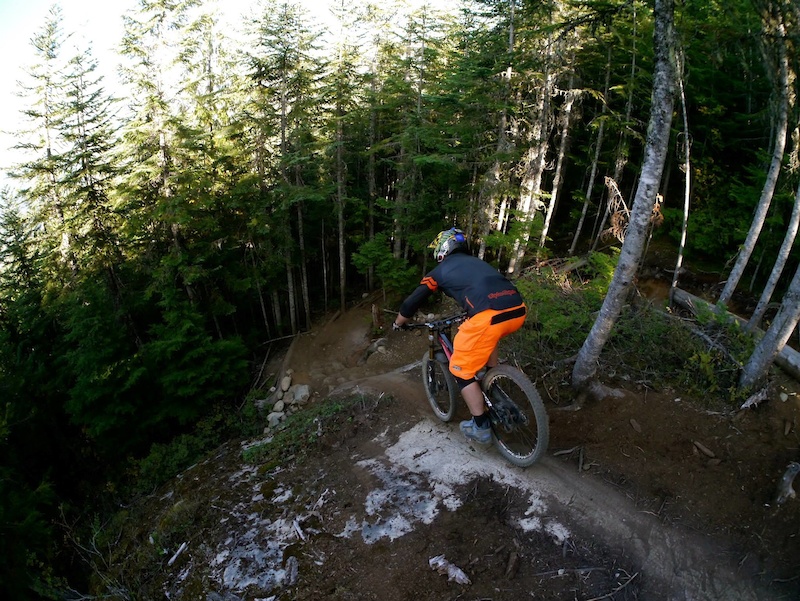
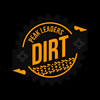
 Member since Feb 3, 2009
Member since Feb 3, 2009